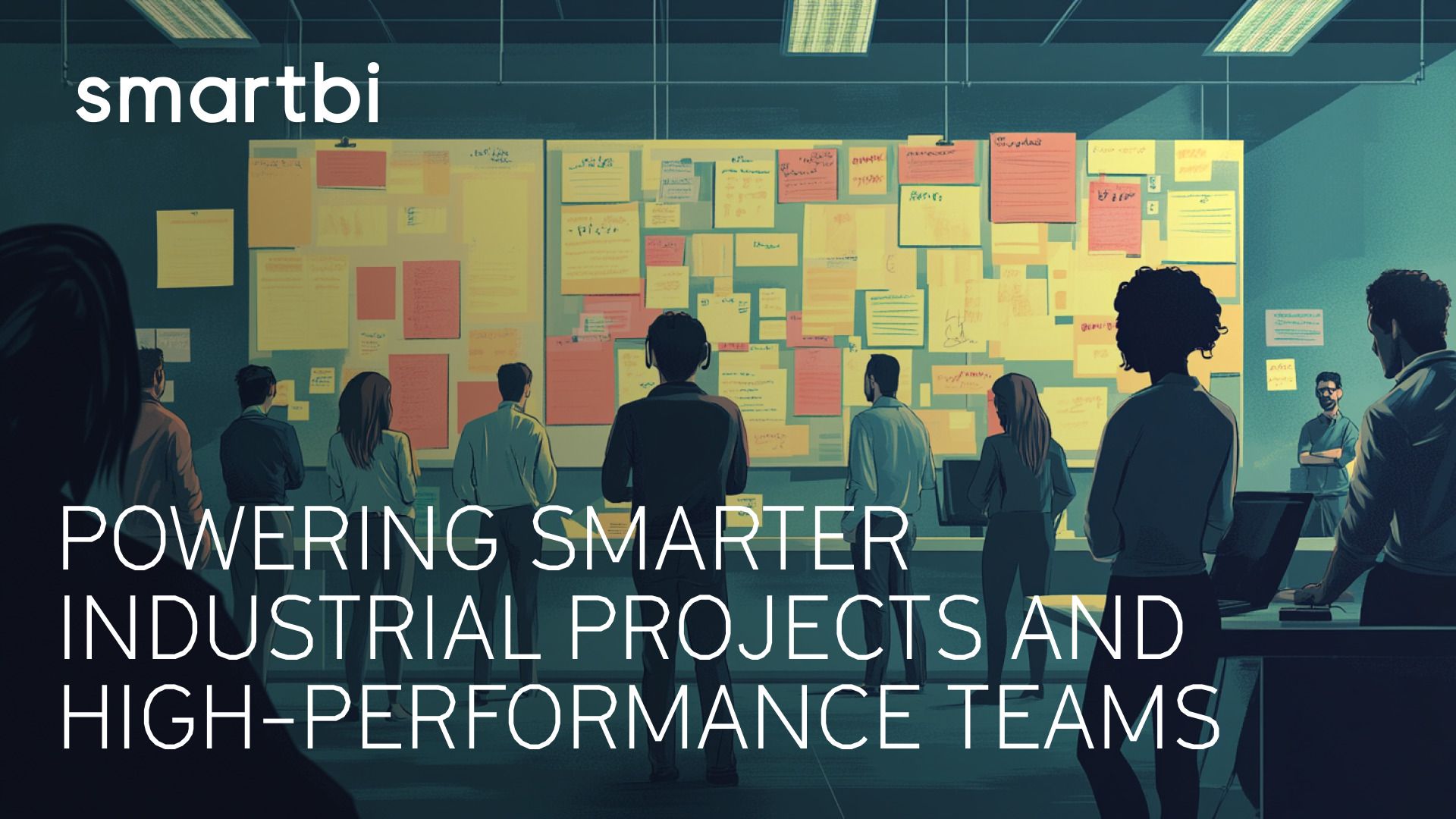
Industrial project planning demands precise coordination of deadlines, resources, and multiple stakeholders. Project managers navigate through fragmented systems - from specialized software to disconnected spreadsheets - resulting in significant operational inefficiencies and process bottlenecks. Projects estimated for monthly completion frequently extend to years due to these systematic challenges. By implementing generative AI solutions, industrial companies are transforming their planning processes from reactive to proactive, reducing research time from days to hours.
Studied impact of AI on project execution and team performance
Recent findings from the Project Management Institute's (PMI) 2024 report reveal a striking contrast between organizations that have fully embraced generative AI (referred to as "early adopters" in the study) and those that are just beginning to explore its potential (called "explorers").
- Productivity gains: Early adopters report dramatically higher productivity rates (93%) compared to explorers (58%), with notable improvements in problem-solving capabilities (89% vs. 46%) and overall effectiveness (88% vs. 50%).
- Improved collaboration: The technology is reshaping team dynamics, with 83% of early adopters experiencing improved collaboration compared to 32% of explorers. Creative problem-solving has similarly flourished, with 84% of early adopters reporting dramatically higher creativity versus 44% of explorers.
- Core project management benefits: The impact on fundamental project management aspects is equally impressive: early adopters report improvements in project scope (87% vs. 34% for explorers), scheduling (85% vs. 46%), cost management (85% vs. 42%), and quality control (91% vs. 40%).
From research to reality: Converting 4-day planning into hours
Moving beyond statistics, let's examine how this plays out in the real world. Consider one of our industrial clients facing a familiar challenge: despite thousands of completed projects and comprehensive documentation, accurate planning remained time-consuming. Project managers spent days searching through old files, relied heavily on individual memory, and struggled to share critical knowledge across teams.
As an industrial AI agency, we know first-hand the challenges of adding more tools to the mix. Therefore, we suggested not adding more tools but using existing project data intelligently. The company can transform its daily operations from reactive to proactive planning by implementing an AI-powered approach.
What previously consumed 3-4 days of research now happens in hours, with the system providing deep, contextual insights. Project managers can instantly access a comprehensive view of similar projects, including successful completions and challenging cases. The AI doesn't just find documents; it understands their context and relevance to the planned project. For instance, when planning a new industrial maintenance project, the system automatically surfaces relevant permits, previous contractor evaluations, and actual-versus-planned timelines from similar projects.
Rather than relying on gut feelings, project managers now receive data-driven estimates. The system generates pre-populated project plans that include all critical stages - from initial planning and permitting processes to material delivery schedules and final handover documentation. "Based on 15 similar maintenance projects, expect this to take 12-14 weeks with a budget of 250-300k€, with permit processes typically requiring 3-4 weeks in this municipality" - this level of precision and context was previously unattainable.
AI-driven knowledge equips project managers with predictive insights and automated expertise
In 2024, project managers can access previous knowledge base that automatically identifies key stakeholders and subject matter experts from internal and external past projects. The system flags common pitfalls specific to project types, such as seasonal factors affecting construction (seasonal holidays) or typical permit processing delays across different jurisdictions.
The AI also transforms project reporting and accountability. It automatically generates monthly and quarterly summaries, tracking cross-functional dependencies and requirements. By analyzing patterns across hundreds of past projects, it identifies the most common reasons for budget and timeline overruns - whether they're related to permit delays, resource constraints, or external factors. This intelligence helps project managers proactively address potential issues before they impact project timelines.
Most significantly, the system creates a continuous learning loop. Each completed project makes the knowledge base better, making future estimations more accurate and identifying patterns in resource utilization across different project types. Project managers can now validate their plans against historical data, ensuring their estimates align with real-world experience rather than optimistic assumptions and gut feelings.
Get in touchCould AI be applied to your business case?
Subscribe to the newsletter and learn how AI can solve business challenges.